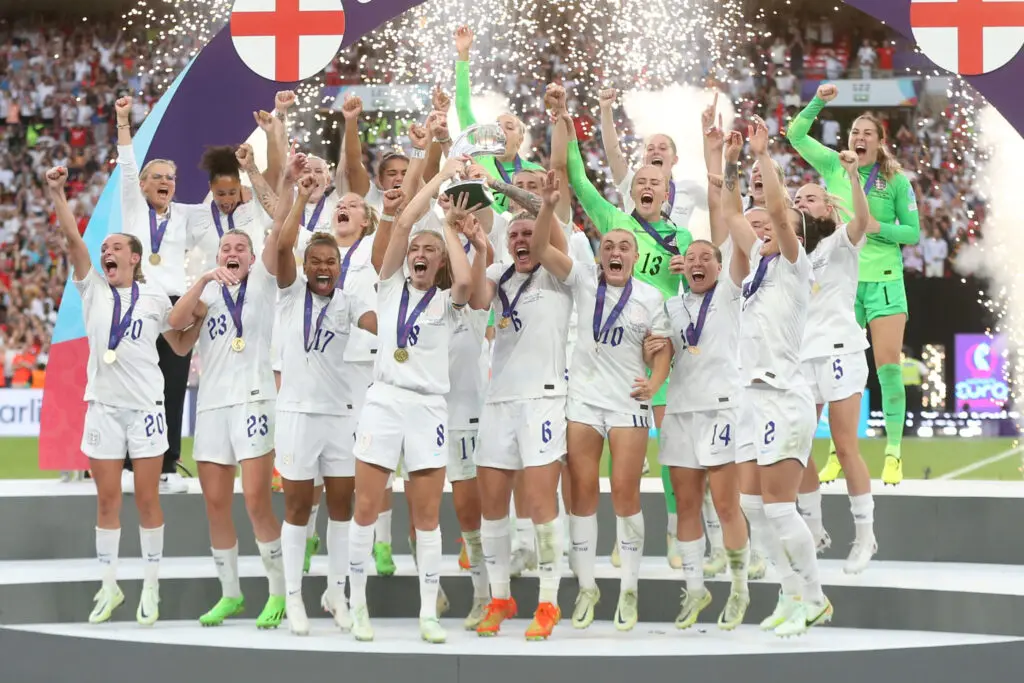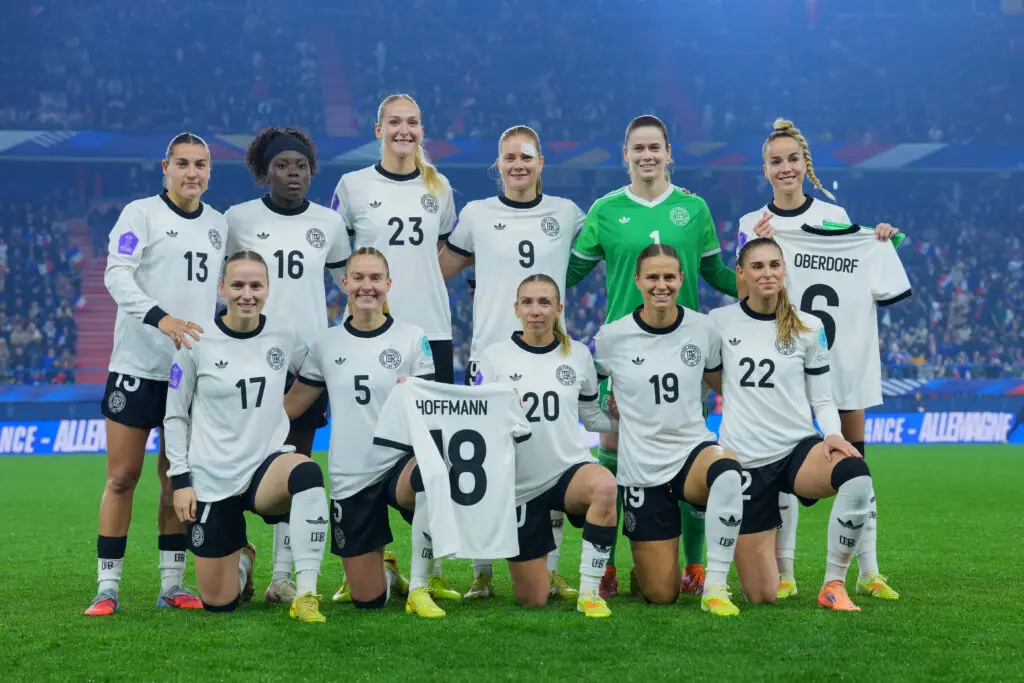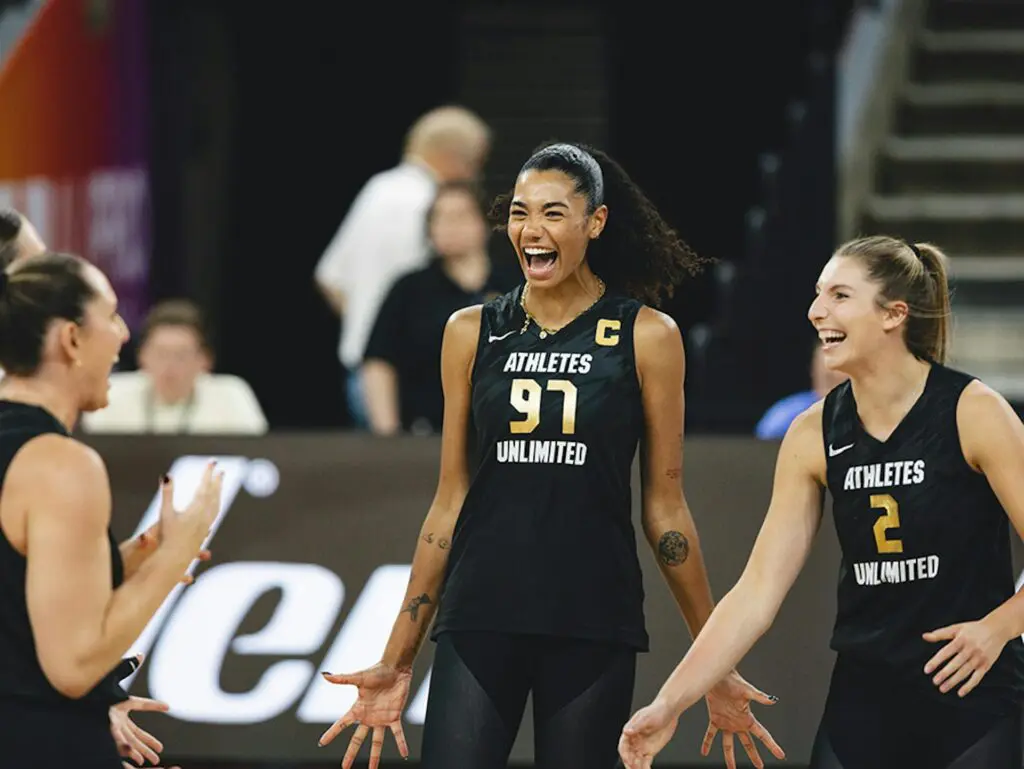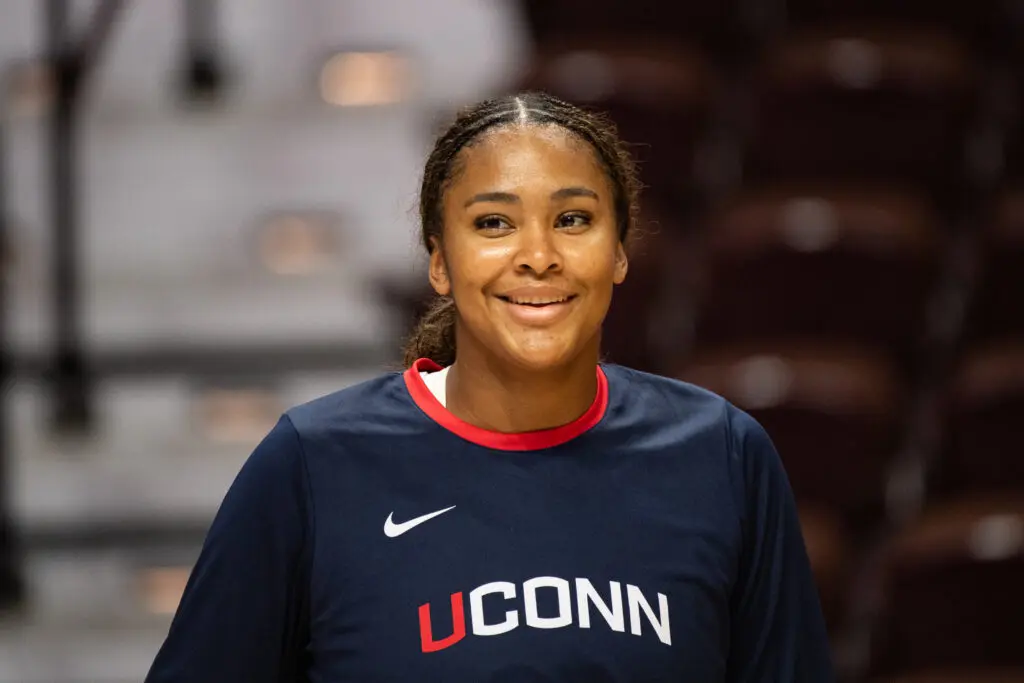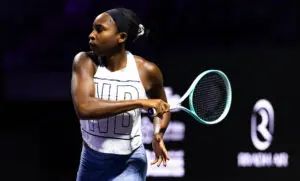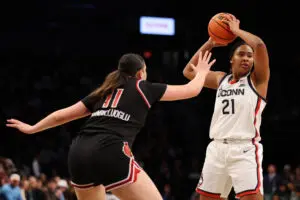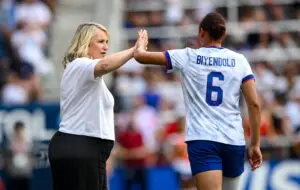Welcome to England, the birthplace of football. We don’t call it soccer — we call it footie, we call it tradition, we call it The Beautiful Game. This is the game we were born into. It runs in our lineage and our blood. This is the school playground and the housing block carpark. It’s a Sunday morning on the local playing fields and a Saturday afternoon in the mighty Premier League. This is the land where, if England are playing during term-time, TVs are wheeled into classrooms. This is education. This is what we plan our lives around. This is nostalgia. This is identity. This is conversation. This is a life-long relationship. This is our inheritance, our pride and our story.
In major competitions, though, our story for the last 56 years has been a tale of hurt and pain. At least on the international stage. Our national teams for years have failed to live up to their potential, making early exits from World Cup and European tournaments, too often conceding in the last moments of extra time or falling short in a dreaded penalty shootout, always serving the most amount of agony to any believers unfortunate enough to exercise even a glimmer of faith in their beloved Lions. The English World Cup-winning team of 1966 has become a legend of old, with the heroes who “brought football home” slowly fading away, and those still alive to tell the tale being outnumbered by a disheartened audience of pessimists.
For women’s footballers, the root of heartache has run deeper. While their male counterparts have enjoyed the opportunity to at least chase a legitimate dream of lifting a trophy in front of an 80,000-strong stadium and millions tuning in worldwide, women had been forbidden from playing organized football, a ban that was only lifted by The Football Association in 1971.
It was just four years ago that the Women’s Super League (created by the FA in 2011) became completely professional. This meant that the 2009 English women’s team — The Lionesses — that made the Euro finals (losing 6-2 to Germany) were made up of players who supported their dreams with part-time jobs. They were in classrooms and offices one day, and representing their country in a football stadium the next. This was true passion; it was also discrimination.
The Lionesses that took the field in the 2022 Euro tournament were, for the first time, a squad made up completely of professional players. The team was led by Sarina Wiegman, who took on the role as England boss last September. Her coaching style gave the players freedom to own their decisions, and she pushed her players onto the front foot and always aiming for goal. Her deep understanding of the game’s intricate detail would lead her women to a perfect record in the tournament, exiting the group stages undefeated. These weren’t small victories either, with the Lionesses desolating solid teams like Norway 8-0.
Spain came into the tournament as the favorites. Georgia Stanway’s right foot sent them home empty-handed in the 96th minute of a tense quarterfinal. The semis weren’t quite as tense, with Beth Mead, Lucy Bronze, Alessia Russo and Fran Kirby all contributing to a 4-0 dismantling of a solid Swedish team. Four goals by four different scorers — a perfect demonstration of the selflessness that carried this group of women to European football’s biggest stage. It was at this point that it dawned on English football fans around the country: Something special could finally happen again.
We've won this together.
— Lionesses (@Lionesses) August 1, 2022
Our family. ❤️ pic.twitter.com/NdFCLUkrqf
On the evening of the final, there was the same electricity in the London air as there always is when England are playing a big game. The UK is in the middle of a heatwave, during which rain hasn’t been seen for weeks and crowds of people have been enjoying the parks and public spaces during the light summer evenings. But on this Sunday evening, most were indoors, enjoying fellowship around TV screens in hot living rooms. Other expectant fans spilt out of pubs and onto humming streets, with conversations and emotions expressing positivity and affection toward England’s women’s team. Where any negative attitude toward the women’s game had once been, it was now replaced with respect, admiration and pride.
Meanwhile, a record 87,192 fans flooded the historic Wembley Stadium in North London — the most this venue had ever held for football, women’s or men’s — with the mix of both male and female, young and old, contrasting the “traditional” attendees who hold a poor reputation for hooliganism and violence, the things that no self-respecting English football fan endorses. This atmosphere was one of joy and hope, and the emotion resonated from the stands and into the 90 minutes that followed.
Germany are England’s old foe. They were the team defeated in 1966 by the heroes who first wore the three lions on their shirts. To meet them in the 2022 Women’s Euro final was fitting, and the stage couldn’t have been more set for what followed. After a tense first half, the scoring began in the second. First by England’s Ella Toone, the Manchester United forward who skillfully chipped the ball over the keeper with perfect composure.

Germany, of course, would respond. Lina Magull’s late equalizer sent the game into extra time and England fans into a state of concern. Chloe Kelly made sure the feeling didn’t last long, scoring her first international goal for England while breaking the curse and finally turning the hurt into joy.
The image of her sprinting across the pitch and waving her shirt above her head, sports bra on display, will be an iconic image of defiance and victory in years to come. It will be a reminder of the day that women’s football was changed forever, the day that the Lionesses brought it home for England.
This is our game, a game that belongs to all who hold it dear. Our game now has a new story, and the narrator is female.
Sammy Gunnell is a contributing writer at Just Women’s Sports based in London, England. Follow him on Twitter @SammyTheBW.
